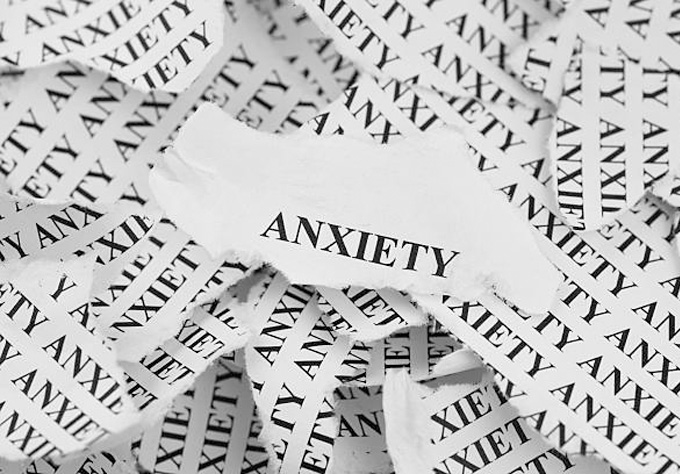Introduction
Anxiety is a word we hear often - but what does it really mean?
For many people, anxiety is more than just feeling nervous before a big presentation or a first date. It's a persistent sense of worry, dread, or unease that can interfere with everyday life. And while anxiety is a normal human emotion, chronic anxiety can feel overwhelming and difficult to manage.
What Is Anxiety?
Anxiety is our body's natural response to stress. It's part of the "fight or flight" system - designed to keep us safe from danger. But when the body reacts as if something dangerous is happening, even when we're not in immediate threat, that's when anxiety can become problematic.
Some common symptoms of anxiety include:
- Racing heart or tight chest,
- Difficulty concentrating,
- Irritability,
- Restlessness or feeling "on edge",
- Sleep issues,
- Avoiding situations due to fear or worry.
These symptoms can show up differently for everyone and range from mild to severe. For some, anxiety is situational - linked to a specific event or phase of life. For others, it can become a long-term pattern.
Why Do We Experience Anxiety?
There are many reasons why anxiety might arise, including:
- Genetics and family history,
- Traumatic or stressful life events,
- Ongoing health conditions,
- Personality traits such as perfectionism or sensitivity,
- Imbalances in brain chemistry.
Understanding the source of anxiety can help reduce shame and guide treatment - but it's important to remember that anxiety is never your fault.
How Can We Manage Anxiety?
While anxiety can feel isolating, it is treatable. There are effective tools and supports that can help you navigate it:
1. Learn to Recognise the Signs
Awareness is the first step. Naming what you're feeling as "anxiety" can create space between you and the emotion - helping you respond instead of react.
2. Breathe and Ground Yourself
Slow, deep breathing or grounding techniques can calm the nervous system. Try the "5-4-3-2-1" method: Name 5 things you see, 4 you can touch, 3 you hear, 2 you smell, and 1 you taste.
3. Challenge Unhelpful Thoughts
Anxiety often fuels negative or distorted thinking patterns. Ask yourself: Is this thought 100% true? What's another way to look at it?
4. Stay Connected
Anxiety loves isolation. Speaking to a trusted friend, family member, or counsellor can provide perspective, comfort, and relief.
5. Seek Professional Support
Therapy, especially cognitive behavioural therapy (CBT) or somatic approaches, can help you explore the root of your anxiety and develop lasting coping strategies. Medication may also be helpful in some cases and is nothing to be ashamed of.
6. Practice Gentle Self-Care
Eating nourishing food, sleeping well, and moving your body are foundational. But so is self-compassion - speak to yourself with kindness, not criticism.
Final Thoughts
Anxiety doesn't make you weak or broken. It means you're human - and your nervous system is doing its best to protect you. With the right tools and support, you can move from surviving to thriving.
If you're struggling with anxiety, you're not alone. Reach out to a mental health professional who can walk alongside you - you don't have to carry this by yourself.

